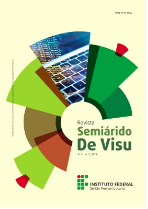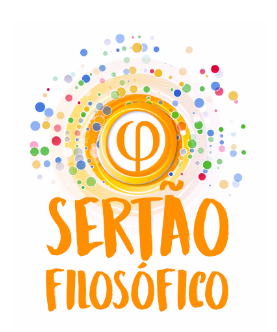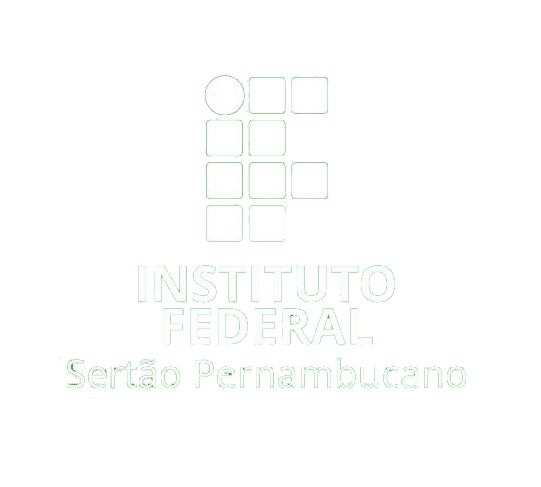Therapeutic Potential of Psilocybin-Assisted Therapy in Hospice and Palliative Care
Mots-clés :
Palliative Care, Hospice, Psilocybin, Self-TranscendenceRésumé
Psilocybin-assisted therapy (PAT) has gained recognition as an innovative intervention in hospice and palliative care, demonstrating potential in mitigating the psychological, spiritual, and existential distress experienced by patients with serious illnesses. This article explores the role of PAT within these care settings, emphasizing its influence on various dimensions of human suffering, as supported by recent research and the Theory of Self-Transcendence. Administered in a controlled environment, psilocybin facilitates transformative experiences, contributing to anxiety reduction and fostering acceptance of mortality. Studies suggest that these therapeutic effects are closely linked to mystical experiences induced by the substance, which enhance one’s sense of connection and meaning. Furthermore, the Theory of Self-Transcendence provides a conceptual model for understanding how PAT can support personal development and well-being, even in contexts of vulnerability. It underscores that wellbecoming extends beyond merely alleviating suffering, representing an evolving process of transformation and acceptance. Despite its promise, PAT’s clinical application remains constrained by ethical, regulatory, and cultural challenges. Addressing these obstacles necessitates collaborative initiatives, specialized training for professionals, and expanded research efforts to develop standardized, safe, and effective protocols. Ultimately, PAT emerges as a valuable therapeutic approach capable of bridging science and spirituality to enhance patients’ quality of life during periods of profound vulnerability. By integrating this modality, hospice and palliative care can extend their scope beyond traditional biomedical treatments, offering relief from suffering in the context of serious and terminal illnesses.Références
GARCIA, A. C. M.; BONIFÁCIO, M. C. A. C.; MAIA, L. O. Contributions of the compassionate care approach to psychedelic-assisted therapies in hospice and palliative care. Progress in Palliative Care, Publicado online em 10 jul. 2024. DOI: https://doi.org/10.1080/09699260.2024.2374602.
GARCIA, A. C. M.; MAIA, L. O.; REED, P. G. Exploring psychedelics for alleviating existential and spiritual suffering in people with serious illnesses: Links to the theory of self-transcendence. Journal of Holistic Nursing, Publicado online em 29 maio 2024. DOI: https://doi.org/10.1177/08980101241257836.
GRIFFITHS, R. R.; JOHNSON, M. W.; CARDUCCI, M. A.; et al. Psilocybin produces substantial and sustained decreases in depression and anxiety in patients with life-threatening cancer: A randomized double-blind trial. Journal of Psychopharmacology, v. 30, n. 12, p. 1181–1197, 2016. DOI: https://doi.org/10.1177/0269881116675513.
GROB, C. S.; DANFORTH, A. L.; CHOPRA, G. S.; et al. Pilot study of psilocybin treatment for anxiety in patients with advanced-stage cancer. Archives of General Psychiatry, v. 68, n. 1, p. 71–78, 2011. DOI: https://doi.org/10.1001/archgenpsychiatry.2010.116.
HUI, David; NOORUDDIN, Zohra; DIDWANIYA, Neha; et al. Concepts and definitions for "actively dying," "end of life," "terminally ill," "terminal care," and "transition of care": a systematic review. Journal of Pain and Symptom Management, v. 47, n. 1, p. 77-89, 2014. DOI: 10.1016/j.jpainsymman.2013.02.021.
JULIÃO, M.; ANTUNES, B.; NUNES, B.; SOBRAL, M. A.; CHAVES, P.; RUNA, D.; et al. Measuring total suffering and will to live in an advanced cancer patient using a patient-centered outcome measure: a follow-up case study. Journal of Palliative Medicine, v. 23, n. 5, p. 733–737, 2020. DOI: https://doi.org/10.1089/jpm.2019.0137.
MAIA, L. O.; BEAUSSANT, Y.; GARCIA, A. C. M. The therapeutic potential of psychedelic-assisted therapies for symptom control in patients diagnosed with serious illness: a systematic review. Journal of Pain and Symptom Management, v. 63, n. 6, p. e725-e738, 2022. DOI: https://doi.org/10.1016/j.jpainsymman.2022.01.024.
PALITSKY, R.; KAPLAN, D. M.; PEACOCK, C.; ZARRABI, A. J.; MAPLES-KELLER, J. L.; GRANT, G. H.; DUNLOP, B. W.; RAISON, C. L. Importance of integrating spiritual, existential, religious, and theological components in psychedelic-assisted therapies. JAMA Psychiatry, v. 80, n. 7, p. 743–749, 2023. DOI: https://doi.org/10.1001/jamapsychiatry.2023.1554.
RADBRUCH, Lukas; DE LIMA, Liliana; KNAUL, Felicia; WENK, Roberto; ALI, Zulfiqar; BHATNAGHAR, Sushma; BLANCHARD, Christian; BRUERA, Eduardo; BUITRAGO, Rodrigo; BURLA, Carlos; CALLAWAY, Michael; MUNYORO, Elisha; GÓMEZ-BATISTE, Xavier; HORTON, Richard; LOHMAN, Diederik; LYNCH, Tom; MORI, Masakazu; MOSOIU, Daniela; PETTUS, Katherine; PASTRANA, Tania. Redefining palliative care—a new consensus-based definition. Journal of Pain and Symptom Management, v. 60, n. 4, p. 754-764, 2020. DOI: https://doi.org/10.1016/j.jpainsymman.2020.04.027.
RATTNER, M. ‘Total pain’: reverence and reconsideration. Frontiers in Sociology, v. 8, p. 1286208, 2023. DOI: https://doi.org/10.3389/fsoc.2023.1286208.
REED, P. G. Theory of self-transcendence. In: SMITH, M. J.; LIEHR, P. R.; CARPENTER, R. D. (ed.). Middle range theory for nursing. 5. ed. Springer, 2024. p. 103-124.
ROSS, S.; BOSSIS, A.; GUSS, J.; et al. Rapid and sustained symptom reduction following psilocybin treatment for anxiety and depression in patients with life-threatening cancer: A randomized controlled trial. Journal of Psychopharmacology, v. 30, n. 12, p. 1165–1180, 2016. DOI: https://doi.org/10.1177/0269881116675512.
SCHIPPER, S.; NIGAM, K.; SCHMID, Y.; et al. Psychedelic-assisted therapy for treating anxiety, depression, and existential distress in people with life-threatening diseases. Cochrane Database of Systematic Reviews, v. 9, n. 9, CD015383, 2024. Publicado em: 12 set. 2024. DOI: https://doi.org/10.1002/14651858.CD015383.pub2.
STEINHORN, D. M.; DIN, J.; JOHNSON, A. Healing, spirituality and integrative medicine. Annals of Palliative Medicine, v. 6, n. 3, p. 237-247, 2017. DOI: https://doi.org/10.21037/apm.2017.05.01.
SULLIVAN, D.; PALITSKY, R. An existential psychological perspective on the human essence. In: VAN ZOMEREN, K.; DOVIDIO, J. F. (ed.). The Oxford handbook of the human essence. Oxford: Oxford University Press, 2018. p. 21–34.














